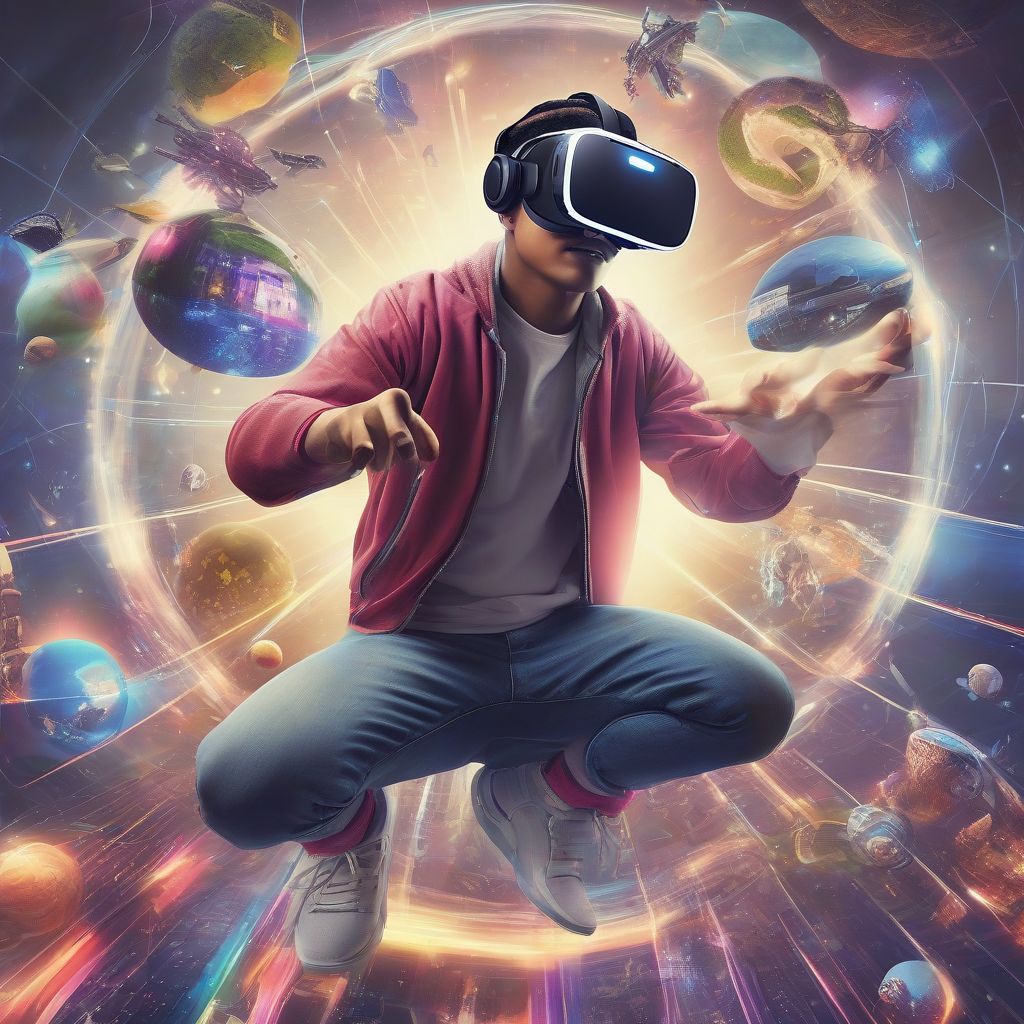The Video Games Industry: A Deep Dive into the World of Interactive Entertainment

The Video Games Industry has come a long way from its humble beginnings. Once relegated to pixelated sprites and simple narratives, it has blossomed into a multi-billion dollar global phenomenon. From sprawling open-world adventures to competitive esports arenas, the industry entertains, connects, and even challenges billions of players worldwide. This deep dive will explore the video game industry, exploring its evolution, its impact, and what the future may hold.
The Evolution of Fun: From Arcades to Augmented Reality
The journey of the video game industry is one of constant innovation and adaptation.
- Early Days and Arcade Fever: The story begins in research labs, the first video games, like “Tennis for Two” (1958), were rudimentary by today’s standards. The 1970s saw the rise of arcade games like Pac-Man, Space Invaders, and Donkey Kong, captivating audiences and laying the foundation for the industry’s future.
- Home Consoles and the Rise of Gaming Giants: The 1980s brought home consoles like Atari and Nintendo into living rooms, establishing iconic franchises like Super Mario Bros. and The Legend of Zelda. This era established the console wars, fierce competition between companies like Sega, Sony (with its PlayStation), and Microsoft (with its Xbox) that continue to this day.
- The Digital Revolution and Beyond: The late 1990s and early 2000s witnessed the explosion of the internet and personal computers, ushering in online gaming, massively multiplayer online role-playing games (MMORPGs) like World of Warcraft, and the rise of PC gaming as a dominant force. Today, mobile gaming, virtual reality (VR), and augmented reality (AR) are pushing the boundaries of the industry, creating new ways to play and experience interactive entertainment.
The Industry Landscape: A World of Creativity and Competition
The video games industry is a complex ecosystem encompassing a wide range of key players:
- Developers: These are the creative minds behind the games. From small indie studios to massive multinational corporations, developers conceptualize, design, and code the games we love.
- Publishers: Responsible for marketing, distribution, and often financing game development, publishers play a crucial role in bringing games to the market. Major publishers include Activision Blizzard, Electronic Arts, and Ubisoft.
- Hardware Manufacturers: These companies create the platforms on which games are played. This includes console makers like Sony, Microsoft, and Nintendo, as well as PC component manufacturers like Nvidia and AMD.
- Distributors and Retailers: From online platforms like Steam and the PlayStation Store to brick-and-mortar stores, these entities ensure games reach the hands of players.
The Impact of Gaming: Beyond Entertainment
Video games are more than just a form of entertainment; they have a significant impact on our culture, society, and even our brains:
- Economic Powerhouse: The video game industry generates billions of dollars annually, rivaling the film and music industries. It creates jobs, drives technological innovation, and contributes significantly to the global economy.
- Social Connector: Multiplayer games, particularly online ones, foster social interaction and community building. Players from all over the world connect, collaborate, and compete, forming friendships and rivalries that transcend geographical boundaries.
- Cognitive Benefits: Studies have shown that video games can have positive cognitive effects, improving problem-solving skills, spatial awareness, and hand-eye coordination. They can also foster creativity and critical thinking.
- Educational Potential: Games are increasingly being used as educational tools. They can make learning more engaging and interactive, covering subjects from history and science to programming and language skills.
The Future of Gaming: A World of Possibilities
The video game industry is constantly evolving, and the future holds exciting possibilities:
- Cloud Gaming: Streaming games over the internet, much like streaming movies or music, is poised to become increasingly popular, offering accessibility and potentially reducing the reliance on expensive hardware.
- Virtual and Augmented Reality: VR and AR technologies are still in their early stages but offer immersive and interactive experiences that could revolutionize gaming. Imagine stepping into your favorite game worlds or having virtual creatures interact with your real-world environment.
- Artificial Intelligence: AI is already playing a role in game development, powering non-player characters (NPCs) and creating dynamic game worlds. As AI advances, we can expect even more realistic and sophisticated game experiences.
caingong.com/wp-content/uploads/2024/08/future-of-gaming-66bc75.jpg" alt="Virtual Reality Gaming" width="1024" height="1024">Virtual Reality Gaming
Conclusion
The video game industry has come a long way from its humble beginnings. It is a dynamic and evolving force, shaping our entertainment, our culture, and even our technology. As technology advances and creativity continues to flourish, the future of gaming promises to be even more exciting, immersive, and impactful.


Leave a Comment